ABOUT FAMUN
FAMUN'S HISTORY
In 2012, students from FACAMP’s International Relations course felt the urge to create a project for discussions amongst themselves, so they could debate the most diverse topics that their field of study required. Inspired by their successful participation in a series of Model United Nations (MUN) in Brazil and abroad, these students decided to create their own MUN with the assistance of some of FACAMP’s International Relations professors and its board of directors.
Soon enough, FACAMP Model United Nations, most known as FAMUN, was created.
Its first edition took place in September 2013, in Campinas. With the theme “The developing world under debate” and more than 200 participants from Brazil and abroad, FAMUN established itself as one of the most prestigious Brazilian MUNs from that day forward. Those International Relations students did more than just discuss important International Relations topics: They created an empathetic and multidisciplinary project truly aligned with the United Nations’ mission and values.
From that moment on, FAMUN made valuable partnerships with Brazilian and international MUNs, hosted two editions of the WFUNA International Model United Nations (WIMUN Brazil 2017 and 2018), faced the COVID-19 pandemic by offering online simulations, and endured. This was only possible due to the commitment of its team, which kept FAMUN’s spirit and mission at the center of their minds and hearts in each edition hosted by FACAMP.
In 2023, FAMUN celebrated its 10th anniversary. In a decade, FAMUN organized more than 40 simulations of different international entities and adopted more than 70 documents. Based on the WIMUN approach, FAMUN has become the only simulation in Brazil that offers the closest experience of the UN reality. Since 2020, FAMUN has participated in and won the MUN Refugee Challenge, organized by the United Nations High Commissioner for Refugees.
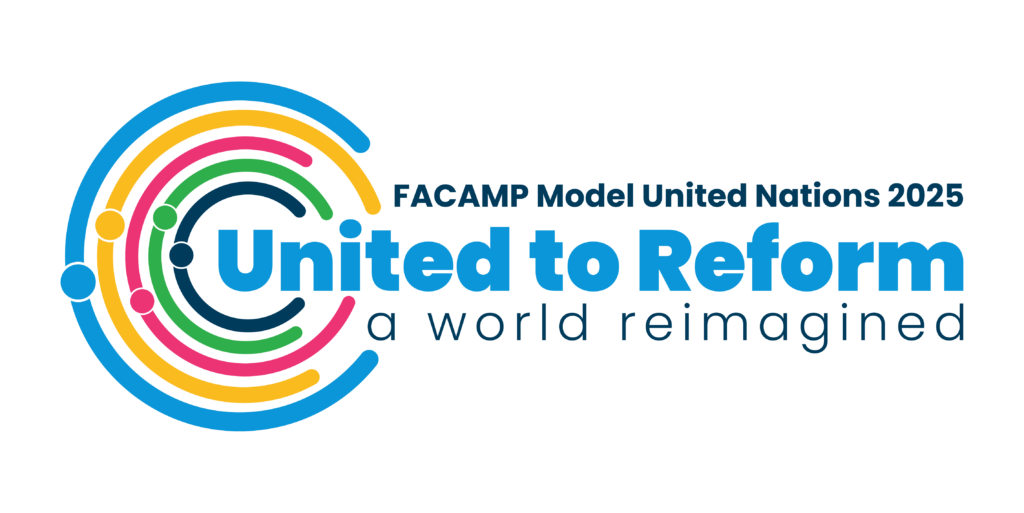
In 2025, FAMUN enters a new era. The 2025 campaign — United to Reform: A World Reimagined — takes on the urgent challenge of rethinking the role of the United Nations in global governance, in a time of crisis for multilateralism and growing skepticism toward international institutions. This initiative calls for bold discussions on reforming the United Nations Charter to better reflect contemporary global realities. Building on FAMUN’s decade-long commitment to authentic UN simulations, this campaign will foster debate among students, experts, and diplomats, exploring innovative solutions for a more inclusive, transparent, and effective UN – one that reflects the realities of the 21st century. Through high-quality simulations and thought-provoking discussions, FAMUN 2025 seeks to inspire the next generation of leaders to shape a UN that truly represents the world of today and tomorrow, challenging students to restore trust in international cooperation and ensure that the UN remains a force for peace, justice, and sustainable development. Now, it is time to take action. Let’s reimagine the future of the UN — and take the bold step of rewriting its very foundation: the UN Charter!
WIMUN AFFILIATE
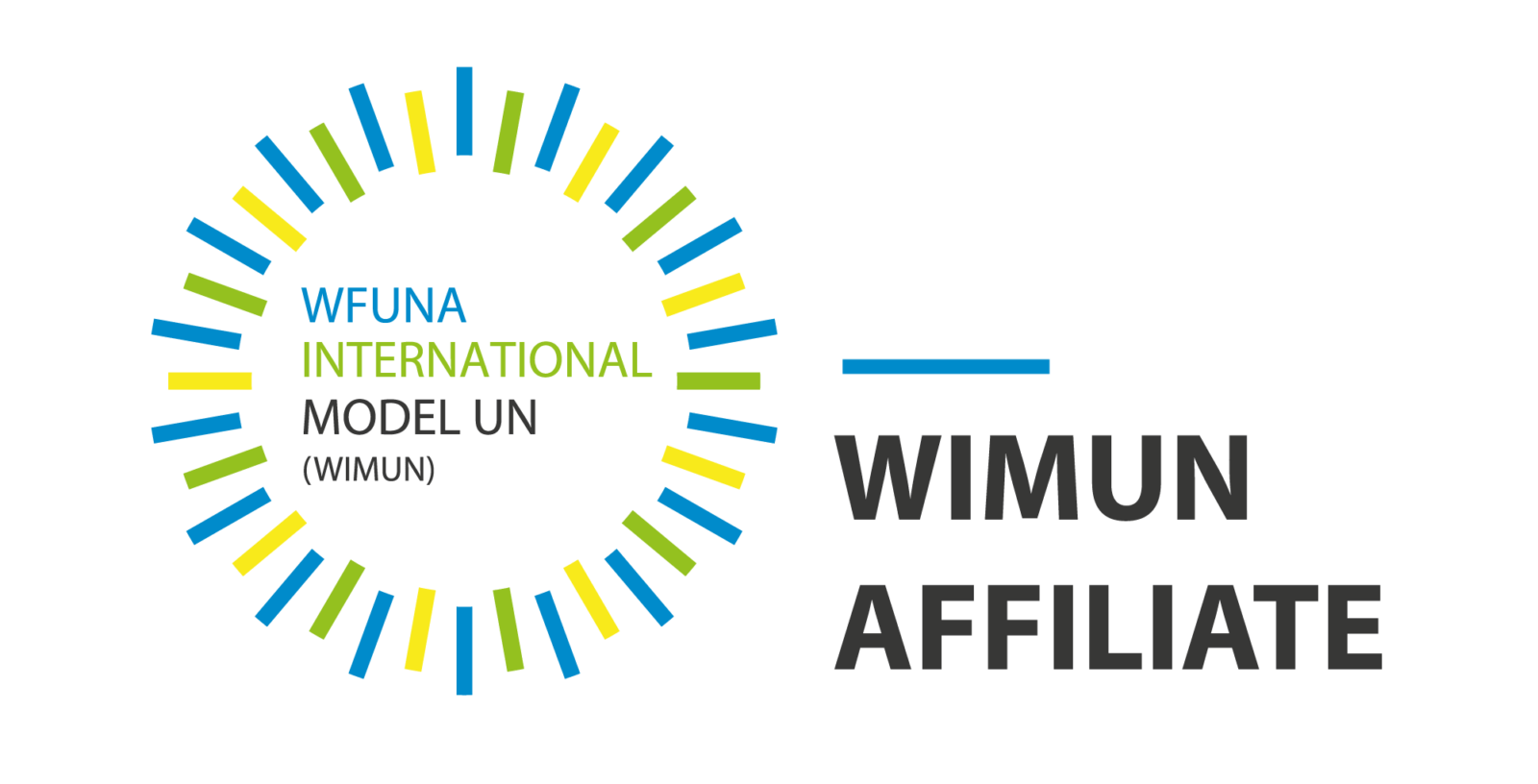
FAMUN is the first simulation in Brazil to be a WIMUN affiliate.
In partnership with WFUNA, FACAMP hosted WFUNA International Model United Nations Brazil (WIMUN Brazil) in 2017 and 2018. Now, FAMUN has the honor of being the first Brazilian simulation to be a WIMUN affiliate.
This official affiliation means that FAMUN is committed to the WIMUN approach, which offers the most accurate simulation of the United Nations in terms of leadership structure, rules of procedure, and flow of debate.
More information at: https://wfuna.org/wimun
PARTNERSHIP WITH THE UN CHARTER REFORM COALITION
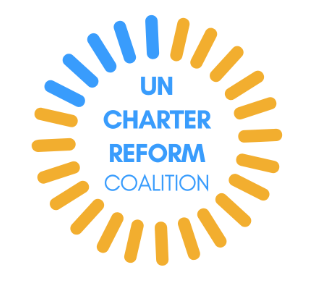
FAMUN AND FACAMP
FAMUN stands for FACAMP Model United Nations. The conference is offered by Centro Universitário FACAMP (College of Campinas) and organized by its Center of Studies and Research on International Relations (CERI-FACAMP).
FACAMP is a privately owned college founded in 2000. In less than a decade, its innovative educational project has gained the respect of the Brazilian academic community, as well as the recognition of our dynamic labor market. FACAMP is set in a 100,000 m² campus of sustainable landscape, with more than a thousand native trees and 22 thousand orchid plants. The campus has ample modern buildings and common spaces for student interaction.
Internationalization
FACAMP is engaged in increasing international partnerships, thus creating new opportunities for student and faculty exchange in renowned academic centers in Latin America, the USA, Canada, China, France, the Netherlands, and South Korea. Lately, FACAMP has established important international exchange agreements with Judge Business School (Cambridge University, England); the University of California (Riverside, USA); the University of Victoria (Canada); the ICN Business School (France) and we are partners with the Seminaries BRICS, Sorbonne University (France). FACAMP is also associated with IAESTE through ABIPE.
As our graduate programs expand, FACAMP is also intensifying research cooperation agreements both in Europe and the US and, through them, with the BRICS countries. Its recent agreements with ECLAC (Economic Commission for Latin America and the Caribbean) and ILO (International Labour Organization) are examples in this direction.
Mission and values
FACAMP’s mission is to contribute to society through the pursuit of education, learning, and research at the highest international levels of excellence.
FACAMP’s core values are freedom of thought and expression, freedom from discrimination, and ethical behavior.
For more information, access our websites:
https://www.facamp.com.br and https://international.facamp.com.br/
PREVIOUS EDITIONS
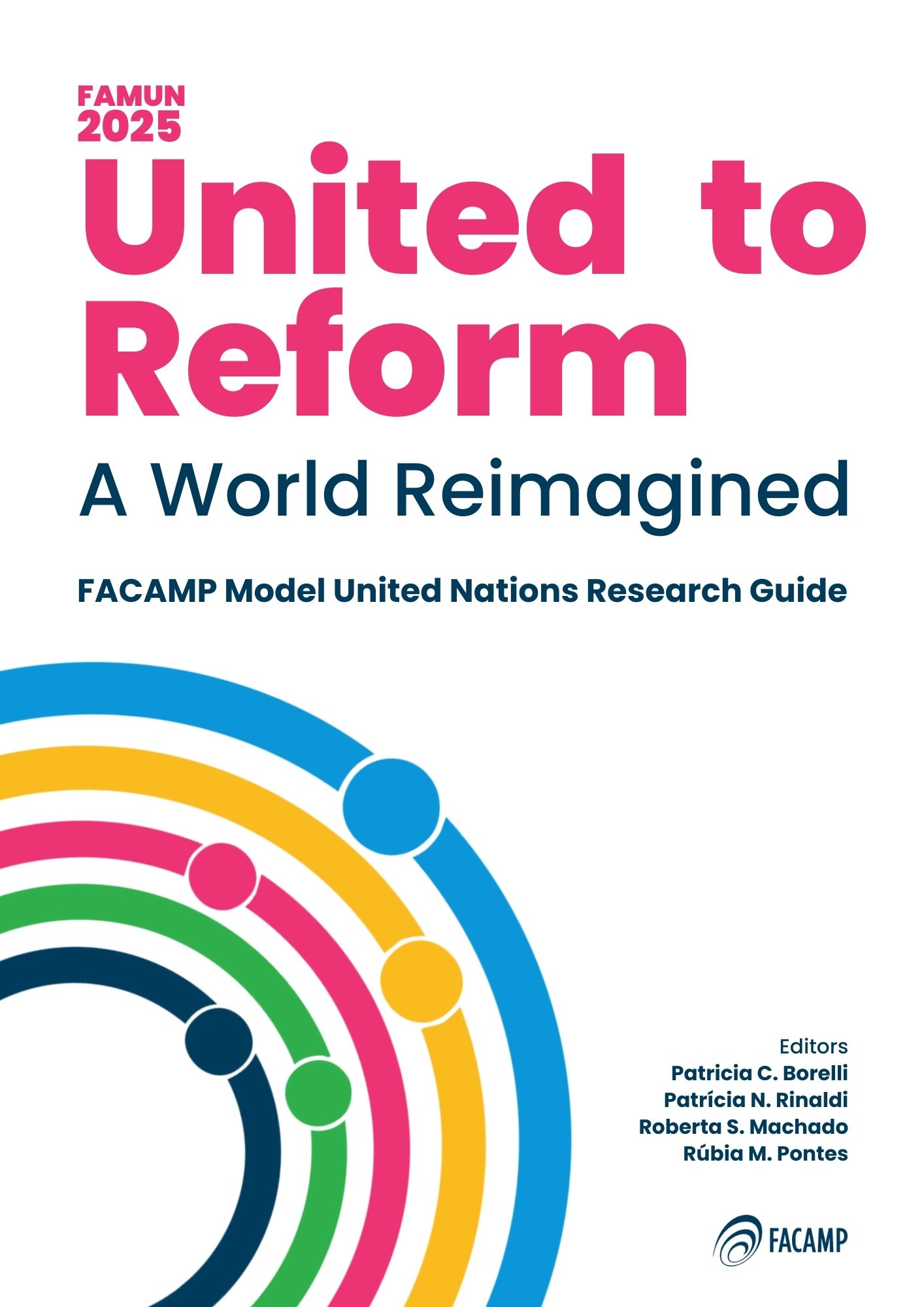
12th Edition
2025
United to Reform: A world reimagined
Download E-book (English) Download E-book (Portuguese) Newsletter 1 Newsletter 2 Newsletter 3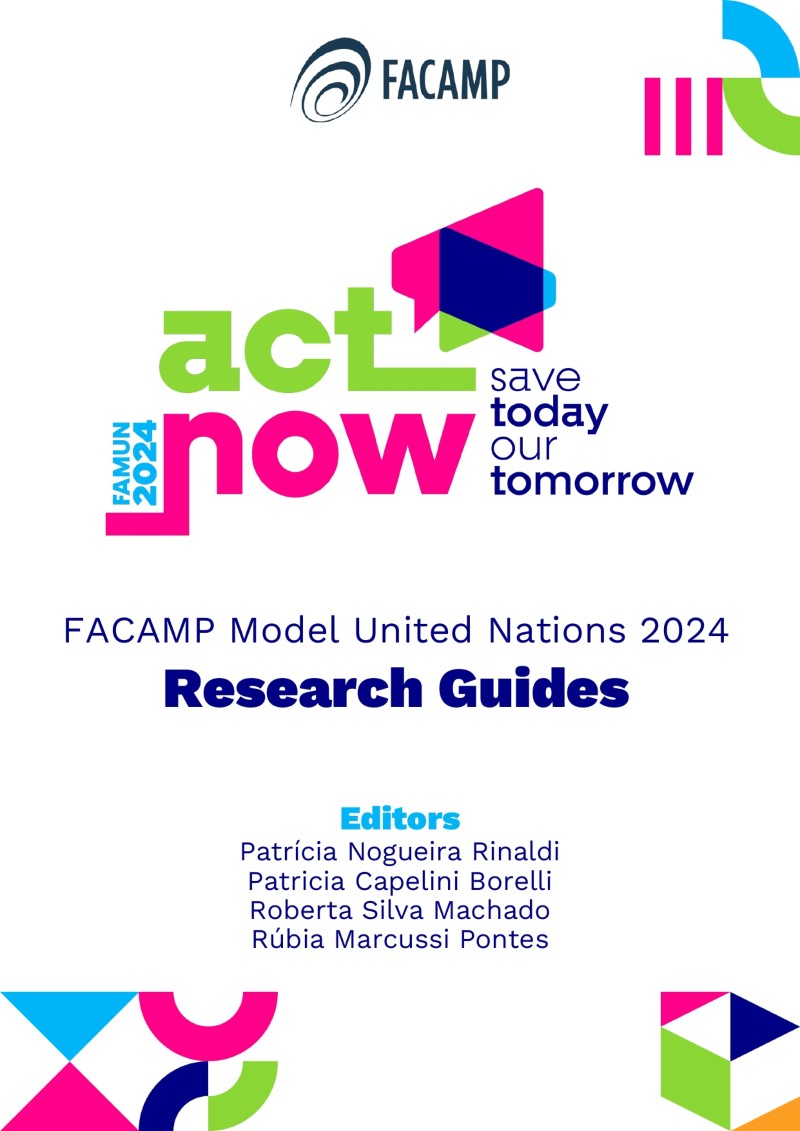
11th Edition
2024
Act now: save today our tomorrow
Download E-book Newsletter 1 Newsletter 2 Newsletter 3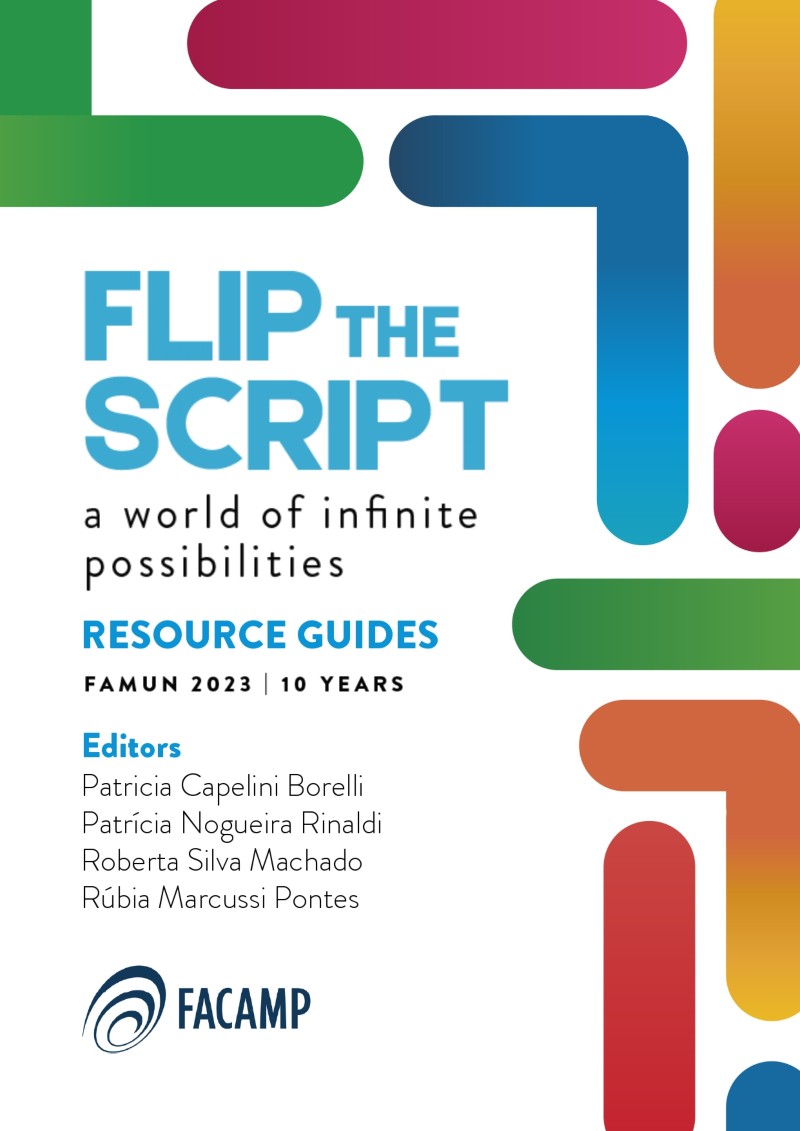
10th Edition
2023
Flip the Script: a world of infinite possibilities
Download E-book Newsletter 1 Newsletter 2 Newsletter 3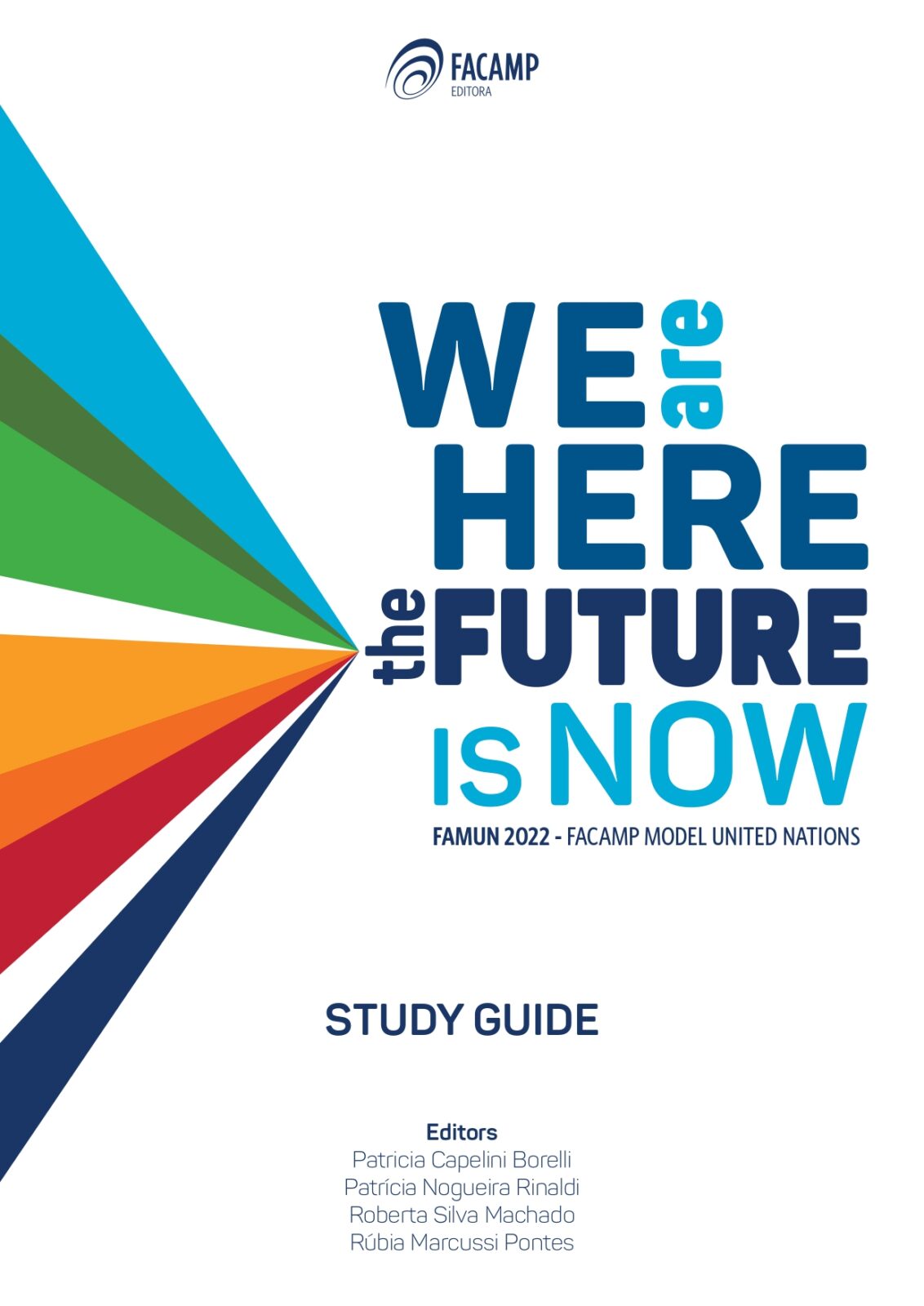
9th Edition
2022
We are here the future is now
Download E-book Newsletter 1 Newsletter 2 Newsletter 3 Newsletter 4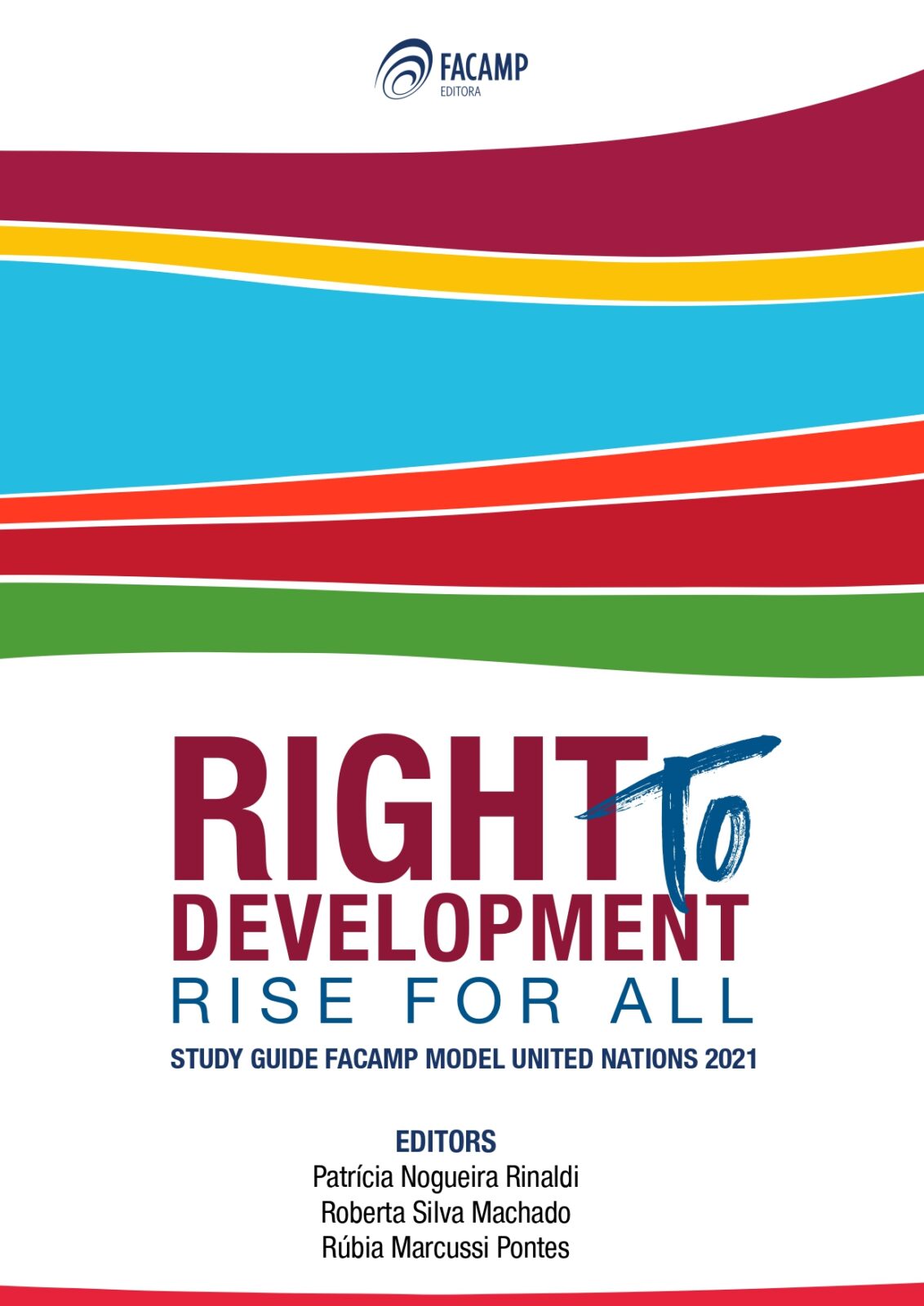
8th Edition
2021
Right to Development: Rise for All
Download E-book Newsletter 1 Newsletter 2 Newsletter 3 Newsletter 4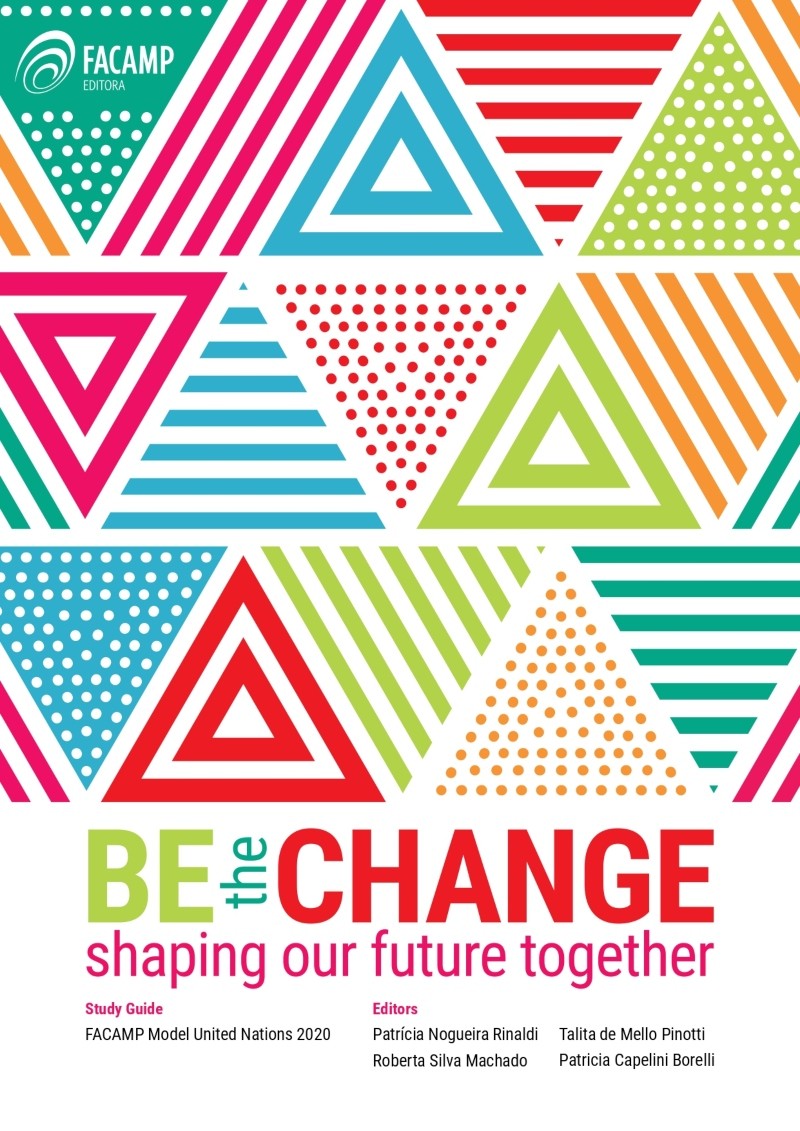
7th Edition
2020
Be the Change: Shaping our future together
Download E-book Newsletter 1 Newsletter 2 Newsletter 3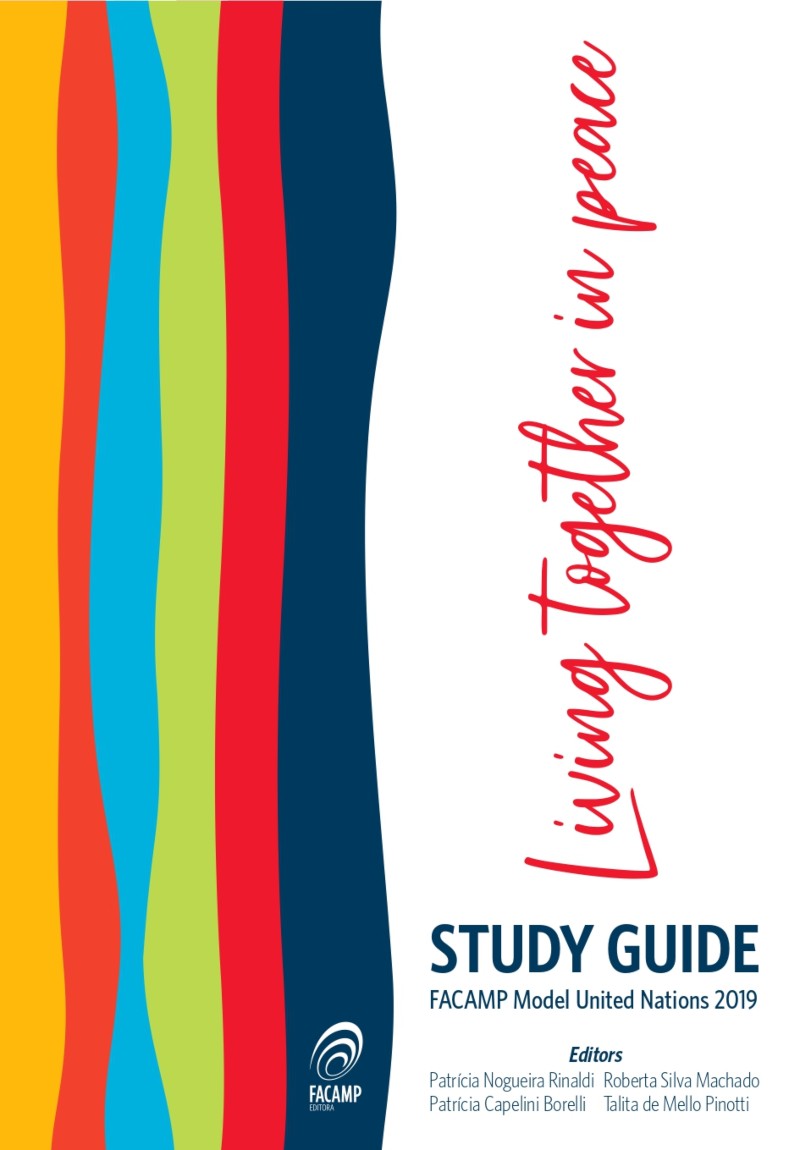
6th Edition
2019
Living together in peace
Download E-book Newsletter 1 Newsletter 2 Newsletter 3 Newsletter 4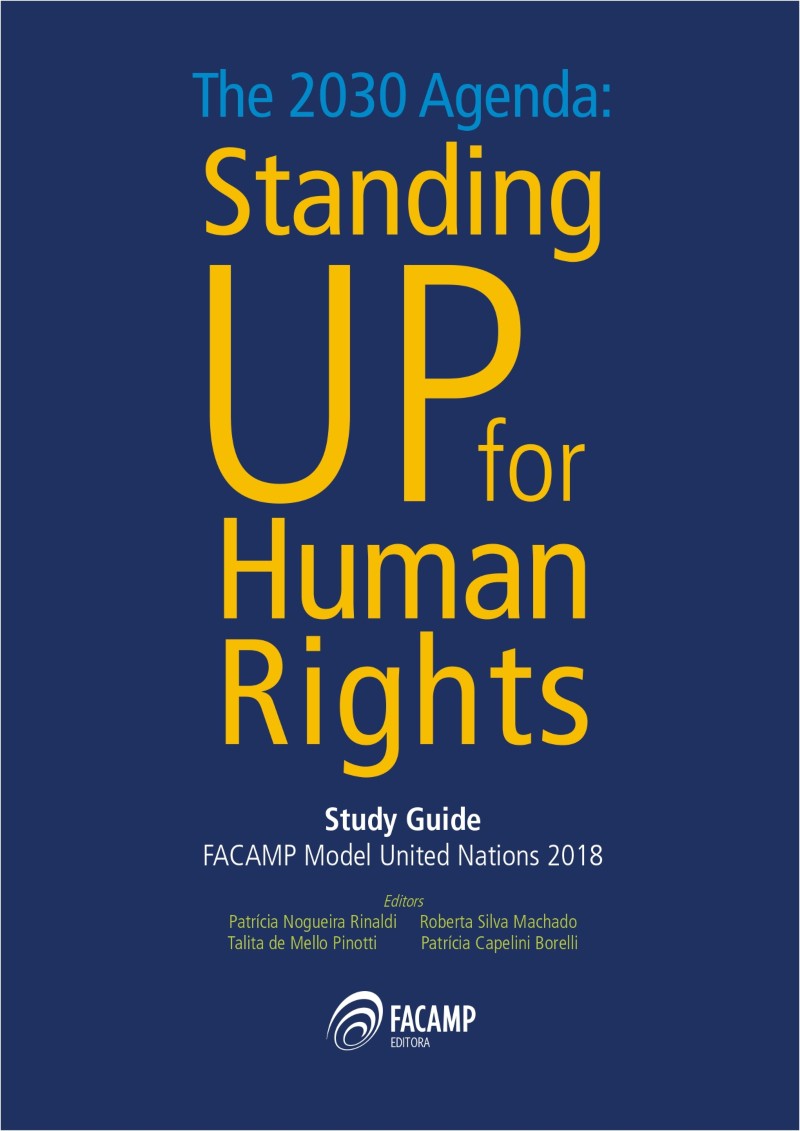
WIMUN Brazi1
2018 (in partnership with WFUNA)
The 2030 Agenda: Standing up for Human Rights
Download E-book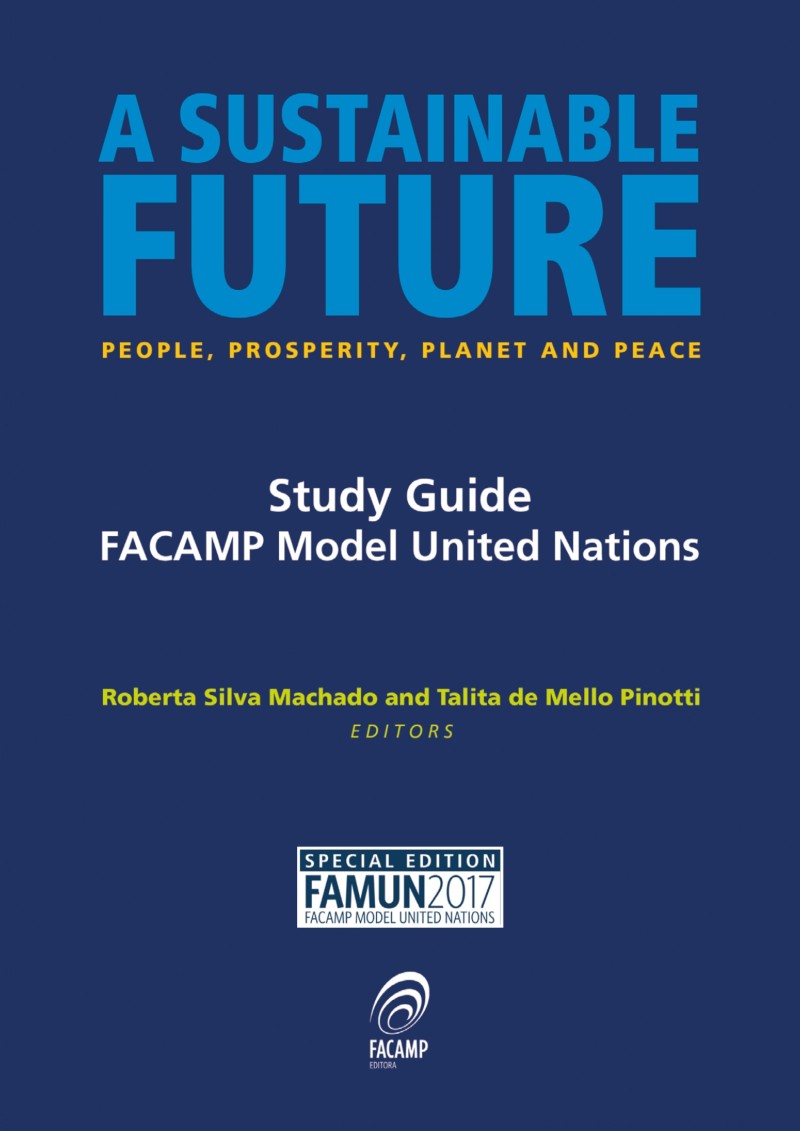
Wimun Brazil - FAMUN 5th Special Edition
2017 (In partnership with WFUNA)
A sustainable future: people, prosperity, planet and peace
Download E-book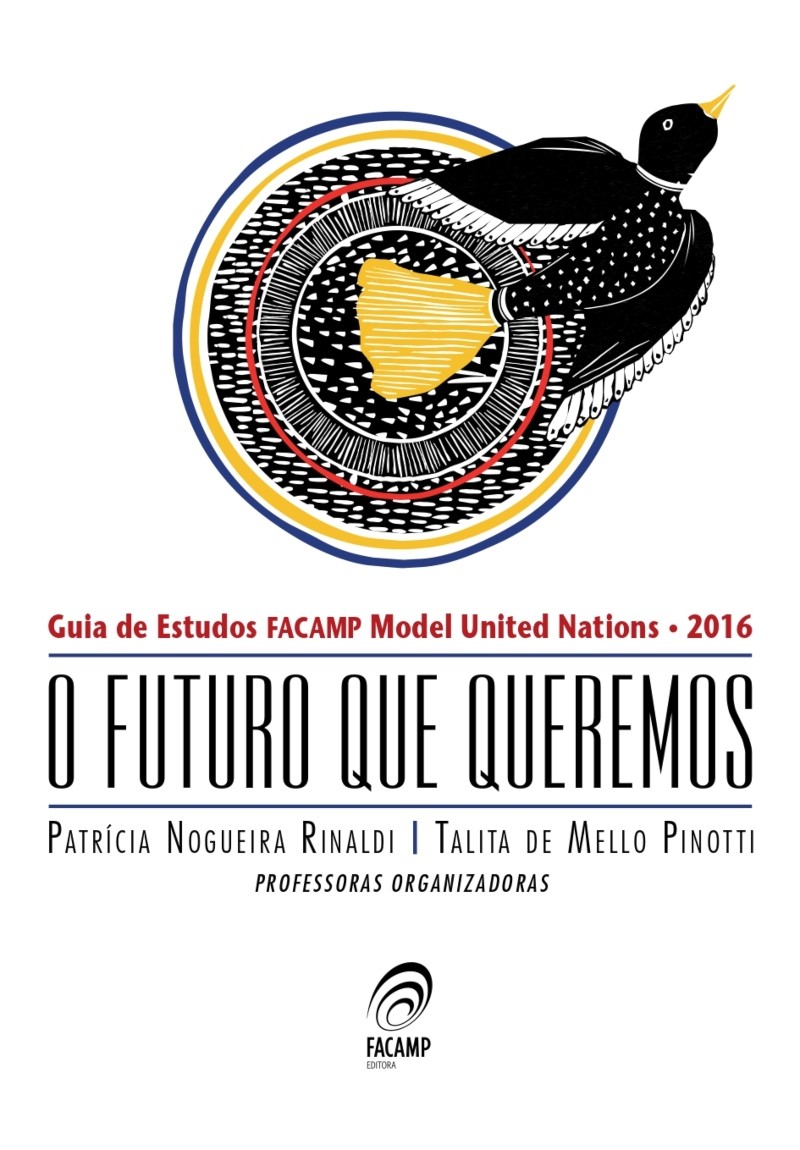
4th Edition
2016
The future we want
Download E-book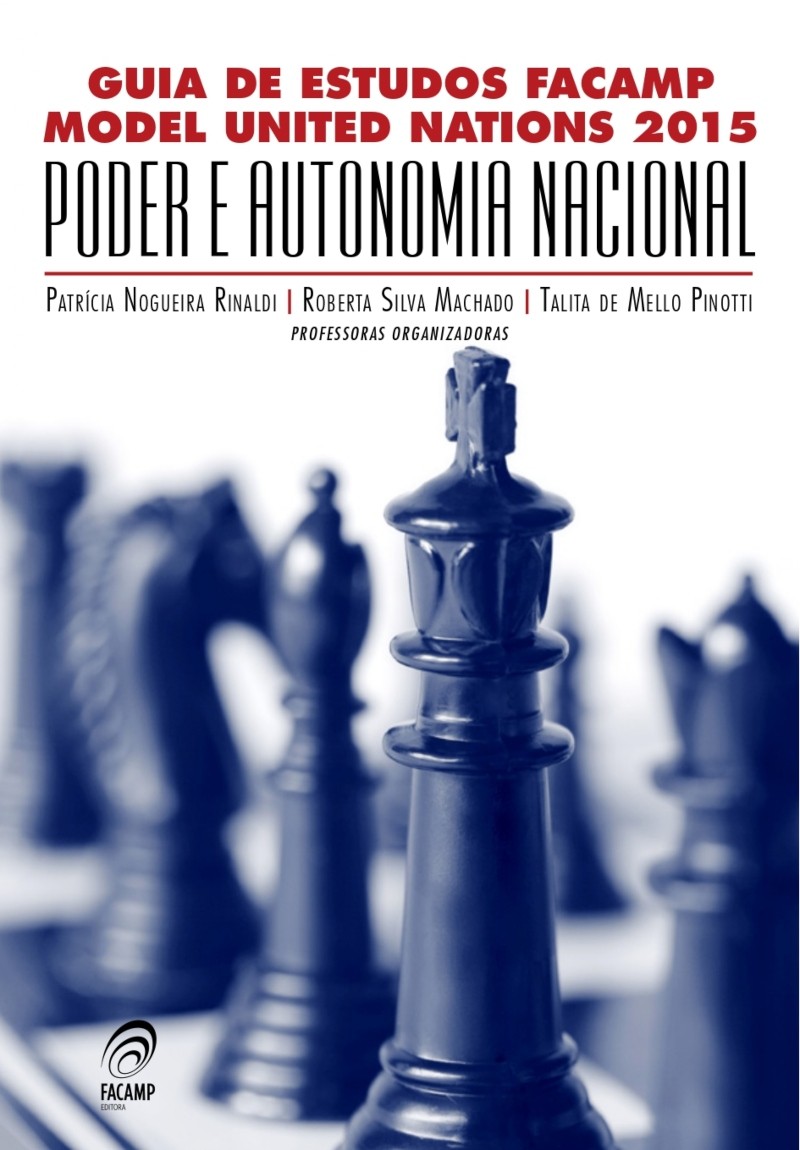
3rd Edition
2015
Power and national autonomy
Download E-book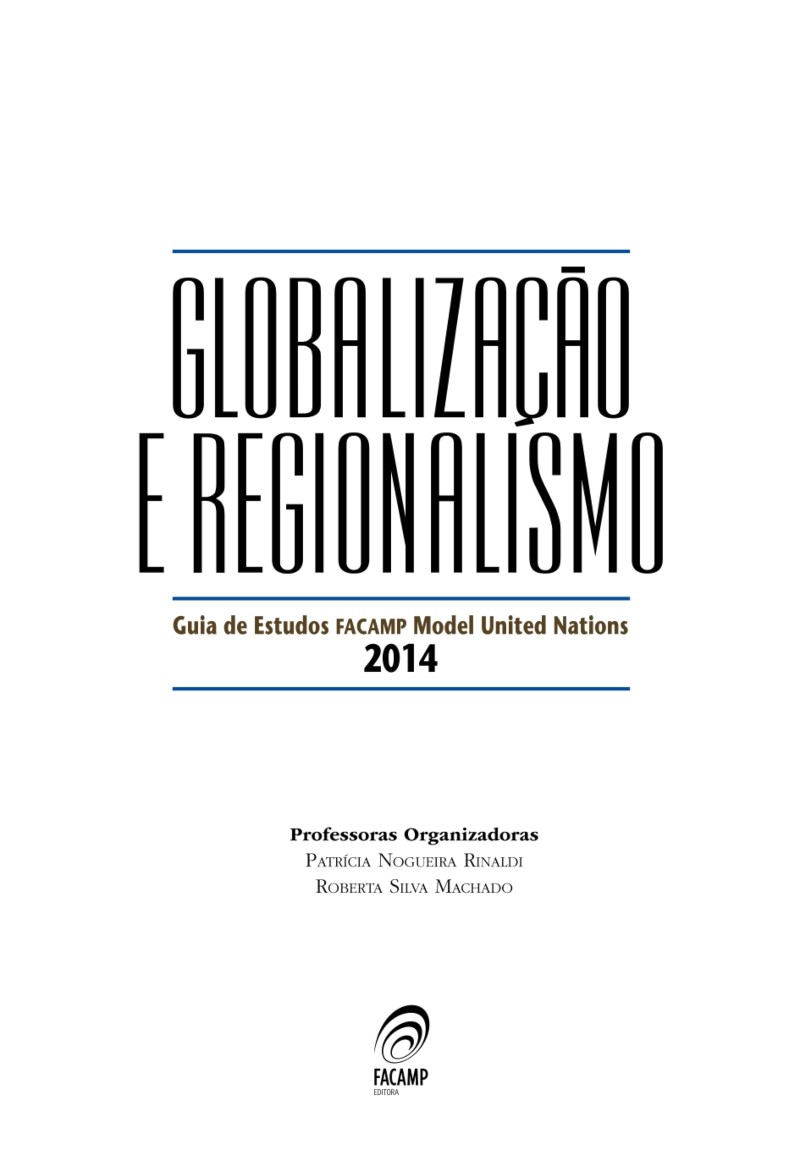
2nd Edition
2014
Globalization and Regionalism
Download E-book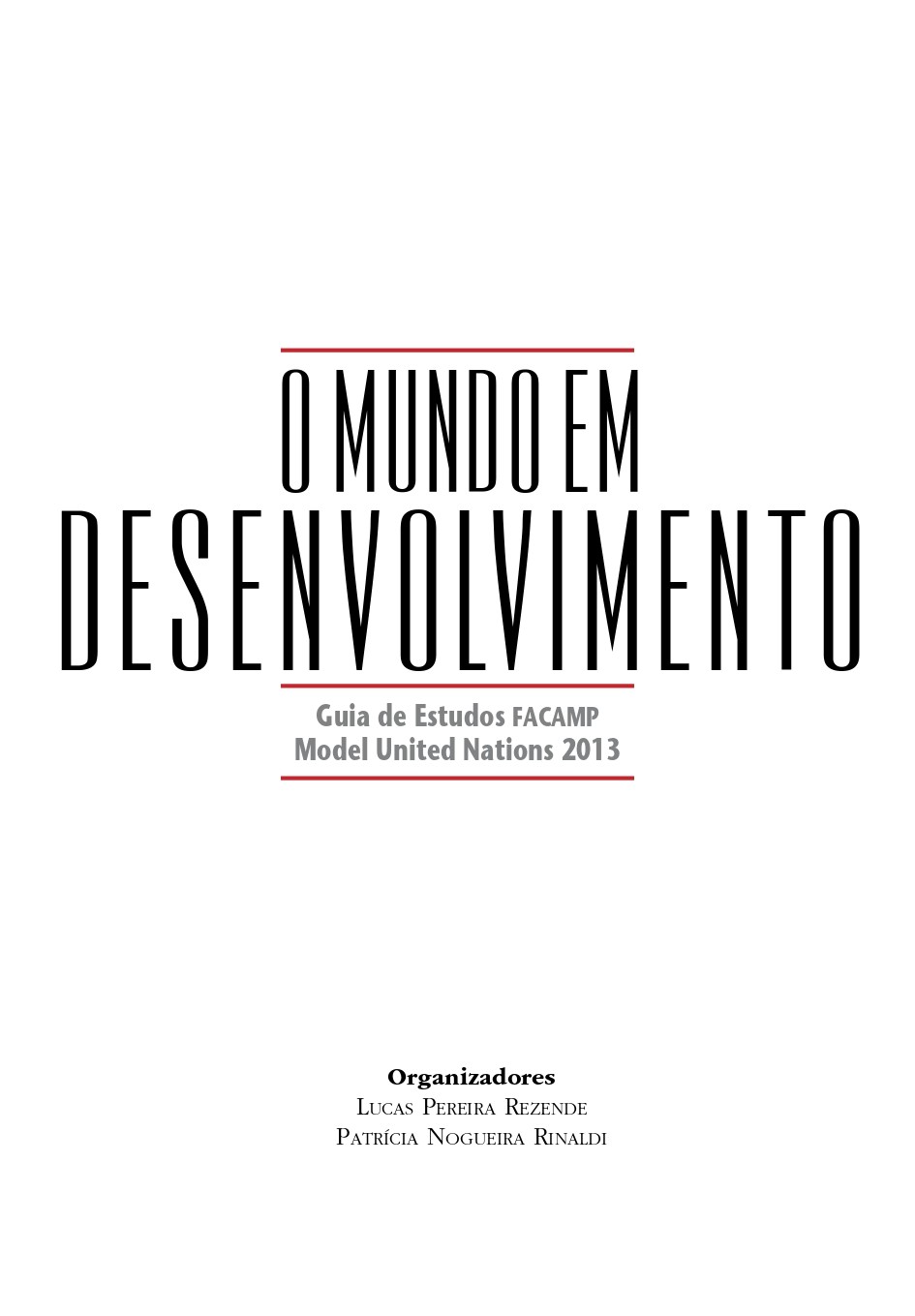
1st Edition
2013
The developing world under debate
Download E-book